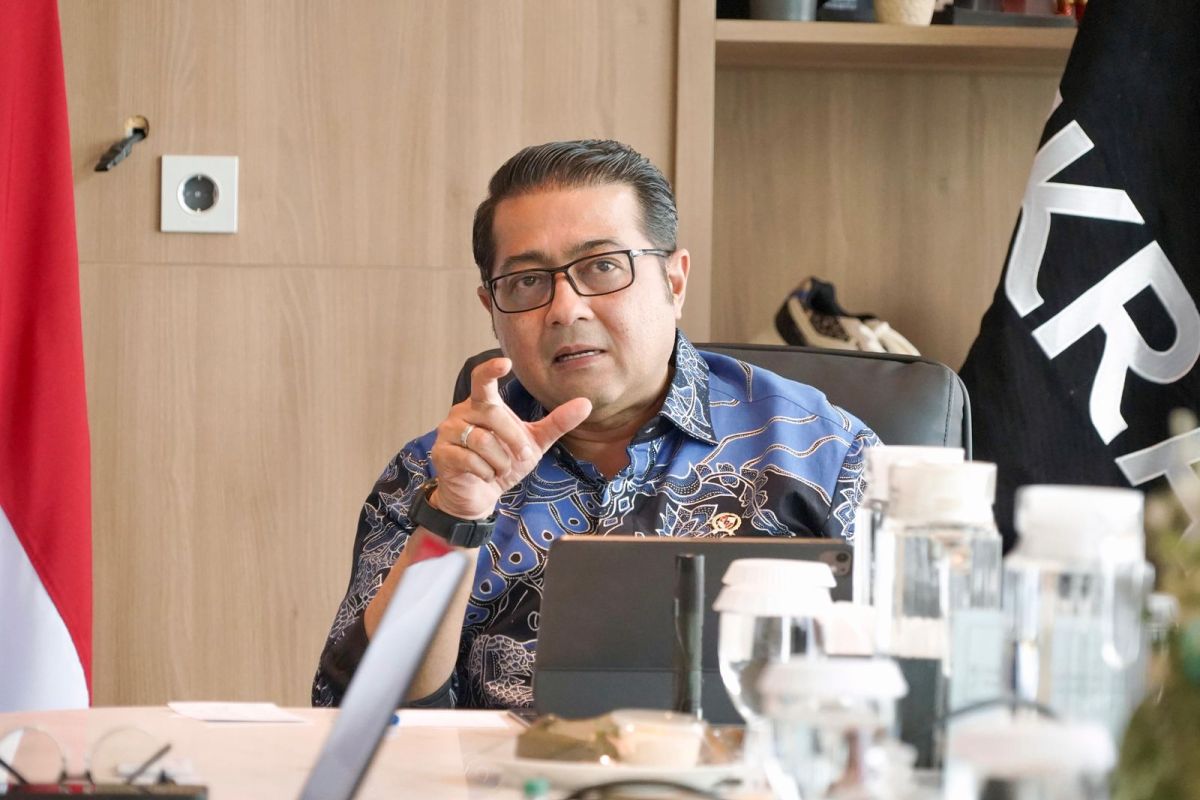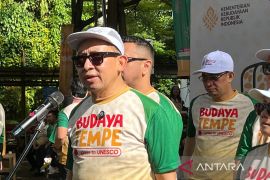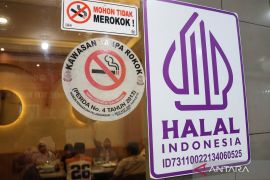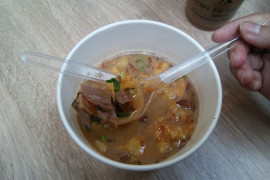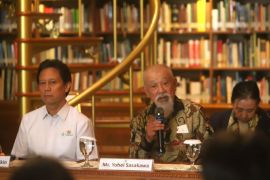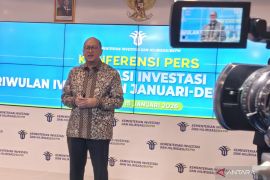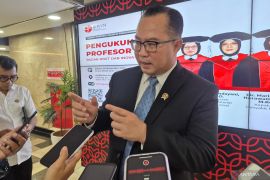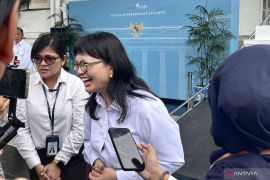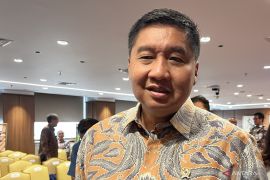“As we all know, culinary arts can serve as a form of international diplomacy. Its potential is vast, but there are also big challenges due to the lack of solid integration from the upstream to downstream sectors,” Harsya noted in the ministry's statement here on Saturday.
During a meeting with the Indonesian Culinary Council here on Thursday (May 8), the minister noted that many countries have tapped into their culinary traditions as soft power tools to promote their cultures globally.
He cited South Korea as a successful example, with its cuisine gaining global popularity and even influencing consumer tastes in Indonesia.
On that occasion, he voiced support for the Indonesian Culinary Council’s initiative to serve as a cross-sector coordination platform to encourage research, innovation, and protection of Indonesian cuisine as both a cultural and economic asset.
Related news: Indonesia eyes culinary tourism to attract more foreign visitors
“I support the Indonesian Culinary Council’s efforts to move together to realize innovation and standardization within the culinary industry. They are the ones who best understand the sector’s conditions and challenges,” he stated.
Harsya called on the council to promptly draft concrete programs that can be developed in collaboration with the Ministry of Creative Economy, including short-, medium-, and long-term initiatives.
Meanwhile, a founding member of the Indonesian Culinary Council, Gupta Sitorus, underscored the importance of addressing issues across the entire culinary ecosystem.
“Our goal is to foster an understanding of both the potential and the challenges in the sector. (Minister Harsya) has demonstrated a strong commitment to collaborate, which encourages us to keep moving forward,” he affirmed.
Related news: Three trends to drive Indonesia's creative economy sector in 2025
Translator: Hreeloita, Kenzu
Editor: Rahmad Nasution
Copyright © ANTARA 2025
